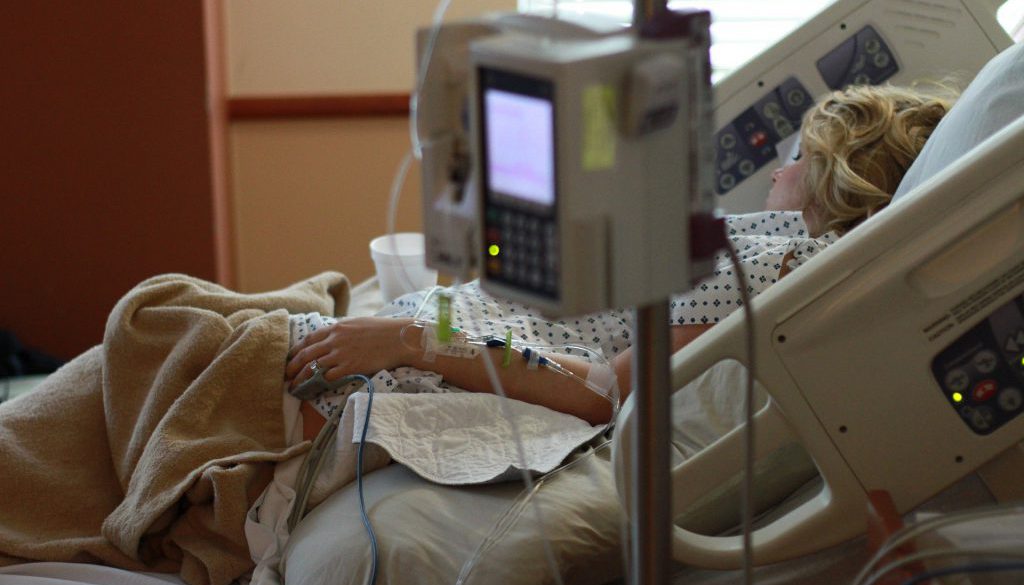Individuals who have long-term complex health requirements are qualified to avail of social care services that are funded and arranged by NHS. Considering that NHS funds these social care services, you can avail each service for free. This is what we called NHS continuing healthcare.
Where to Provide NHS Continuing Healthcare?
Some people think that continuing healthcare is only available within the hospital. The truth is that it is possible to be provided in different settings inside and outside of the hospital. This means that continuing healthcare services can be provided in a care home or the comfort of your own home.
Are You Allowed to Avail NHS Continuing Healthcare?
The NHS continuing healthcare services are exclusive only for adults. But teenagers and children can avail of these services only if they have an arising need because of their disability, illnesses, or accidents that can be treated by the current specialist or universal services.
For you to avail of the NHS continuing services for free, a healthcare provider, which is sometimes called a multidisciplinary team, will assess your needs. The multidisciplinary team will pay attention to your healthcare needs and will associate it with the following:
- The type of healthcare service you need
- The complexity of your health needs
- The possible intensity that your health needs will be
- Is your healthcare needs predictable or unpredictable? These include the possible risks you may encounter if proper care is not provided properly and timely.
The result of the assessment done by the healthcare professionals to your needs has something to do with whether you are eligible to avail of the NHS continuing healthcare services or not. Apart from that, your eligibility for availing of these free care services will also depend on your condition or diagnosis. If there are notable changes in your healthcare needs, your eligibility to avail of the continuing healthcare service will also change.
During the assessment process, you need to be informed and understand what will happen before, during, and after the process. Not only that, but you need to comprehend your care needs as well as the support necessary. The family members and carers of the adults will also be assessed whenever necessary.
The decision regarding your eligibility to avail the healthcare services usually takes about a month of the request for a full care needs assessment or initial assessment.
If the NHS continuing healthcare professionals make their final assessment entailing that you are not eligible to avail of their services, you may consider going to your local council and ask them whether or not you are eligible to ask for their support.
On the other hand, if your health needs aren’t covered by the services offered by your local council, the NHS may give them to you. This process is called a “joint package of care”.
In most cases, an initial checklist might be given to adults with health needs. This initial checklist assessment will help the healthcare providers to decide whether or not they are eligible to need a full assessment. On the other hand, if you are terminally ill or need immediate care, your full assessment will be tracked instantly.
Initial Assessment for NHS Continuing Healthcare
Your first checklist assessment will be done by a social worker or a healthcare professional, such as a doctor and nurse. Before the assessment, a healthcare professional will discuss the process and ask whether or not you allow them to perform the assessment.
The result of the checklist will give the healthcare professionals the idea of whether or not they meet all the criteria included in the NHS continuing healthcare full assessment. They will let you know if you are qualified to avail of the services or not.
In case you are referred for the assessment, this does not mean that you are already eligible to avail of the continuing healthcare services. The main purpose of the assessment will help the healthcare professional decide whether you are eligible for a full assessment.
As mentioned, the full assessments needed for continuing healthcare are being done by the MDT (Multidisciplinary Team) that is composed of at least two professionals who have studied different healthcare-related courses. The Multidisciplinary team comprises both social and healthcare professionals who can help you alleviate the signs of your illness or health status.
It is your right to be informed who will perform the continuing healthcare assessment.
The following are some of the criteria included in the assessment to determine your needs and eligibility for continuing healthcare.
- Altered states of consciousness
- Medication and drug therapies
- Behaviour
- Cognition ability or understanding
- Communication skills
- Mobility
- Skin, which includes ulcers and wounds
- Continence
- Nutrition, which includes drinks and foods
- Breathing
- Other important health needs
All of the mentioned needs will help the professionals to determine if your health is low, moderate, high, or severe. This will also determine if your health is in a good state and does not require any healthcare needs.
In case you have a severe need in two or more areas mentioned above, there is a high chance that you will be eligible to avail the of continuing healthcare services. Aside from that, you might also be allowed to avail of the services even if you have a severe need in only one area mentioned above, or a moderate or high needs, varying on your unpredictability, complexity, intensity, and nature.
In most cases, your overall interactions and needs will be considered. Apart from that, the evidence that will prove the risk assessments will also be considered. All of this information will help the healthcare professional to determine your eligibility.
On the other hand, if you are not eligible to take continuing healthcare and the assessment result that you need nursing care in the comfort of your home, you might be allowed to avail the NHS-funded nursing care services. In connection to that, the NHS will also fund the fee needed to pay the registered nurse to take care of you.
To sum it up, continuing healthcare is a process of providing health services to an adult who has specific health needs because of an illness or accident.


